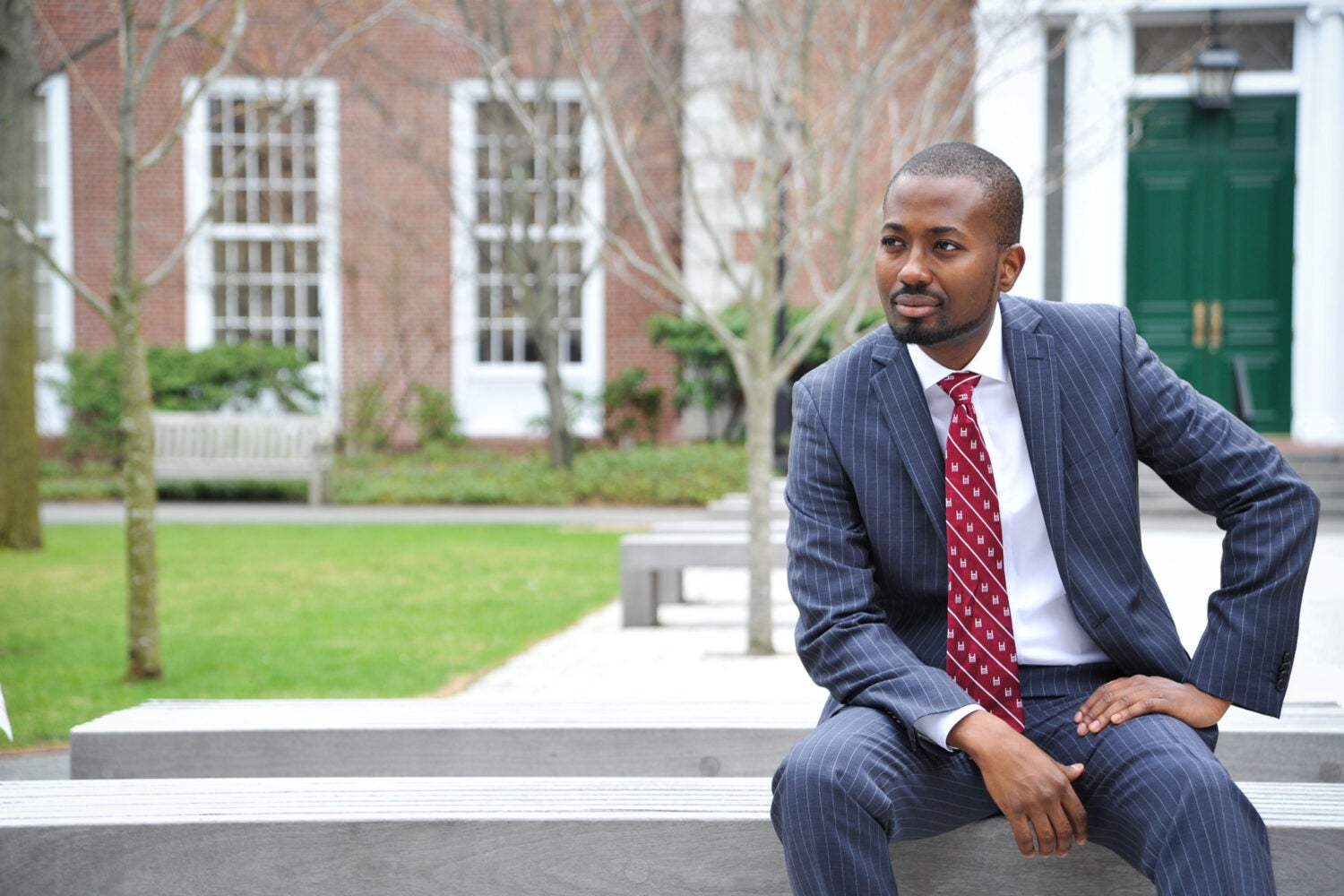
Creating the Change He Wants to See
By Alissa Mallinson
When Sangu Delle JD/MBA ’16 was a young boy growing up in Accra, Ghana, his mother would help him up onto the stool in the bathroom before his bedtime prayers. “Look in the mirror,” she’d tell him, “and ask yourself, ‘What have I done today? Was today better than yesterday? Did I make the world better? If you’re not satisfied with the answer, don’t sleep.”
Delle laughs, “It was a crazy thing for a child to do, but it sets you on a path where you’re constantly pushing yourself to improve the world around you.”
While Delle’s path may have changed along the way, his commitment to improving the world around him has been unyielding.
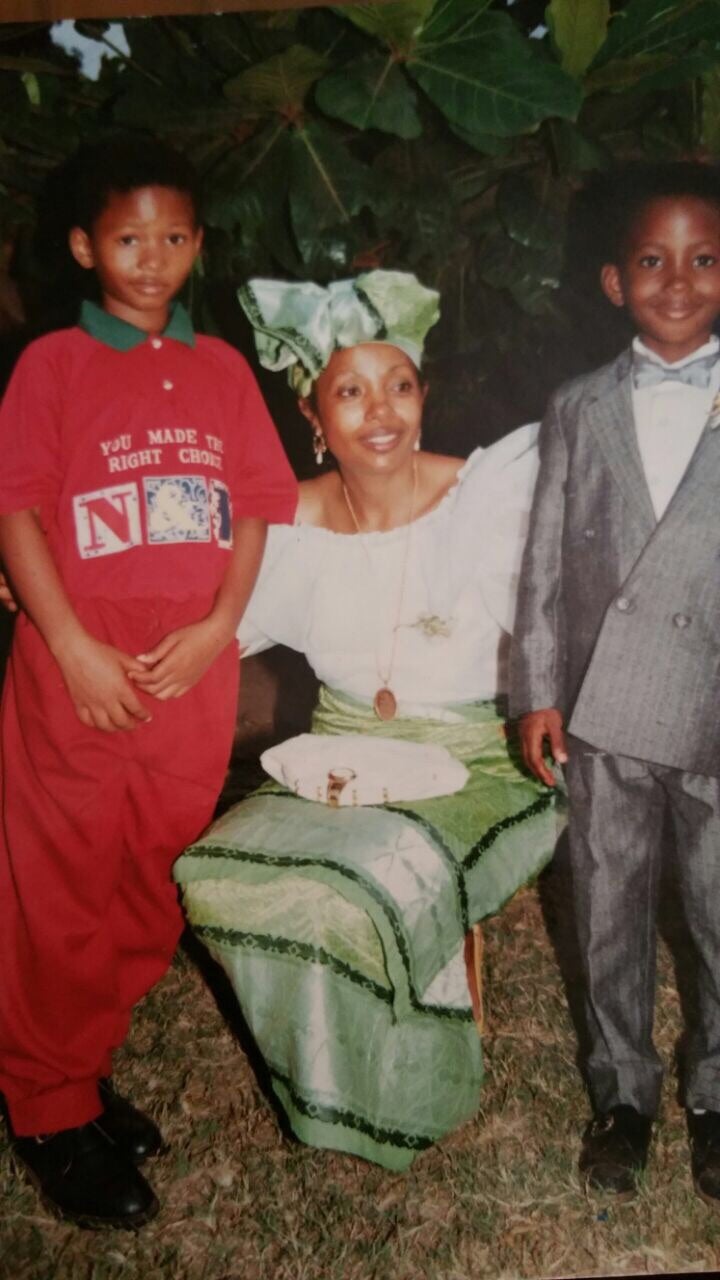
“Because my father is a human rights activist, I grew up with refugees from Liberia and Sierra Leone,” he says. “We hosted them in our homes, so I grew up living with young men whose limbs had been chopped off in civil wars, and with women, grandmothers, who had been brutally assaulted by child soldiers young enough to be their grandchildren. I was deeply traumatized by that, and I knew from when I was 4 years old that I wanted to play a role in changing Africa’s story.”
This calling was confirmed several times throughout Delle’s childhood and adolescence. He recalls one such defining moment during work on his capstone thesis as a high school senior at The Peddie School in Hightstown, New Jersey. As part of his project, he traveled throughout Africa and was surprised to observe first-hand an increase in urbanization and an emerging consumer class.
“I started to see early waves of socio-economic change throughout Africa,” Delle remembers, “and I realized that there was a role for me to play in that transformation.”
“I believe that political freedom is meaningless without economic freedom,” he continues. “And it’s clear that Africa doesn’t have that. We have 11 million young people enter into the labor force every year in Africa, but we only have 3 to 4 million formal jobs. That’s not freedom. We need to create economic opportunities so we can grow our economy with shared prosperity. How do we make sure we build a more inclusive society, so everyone has a fair shot at their dreams? The answer to that question is my inspiration and my motivation.”
Even with these new insights from his travels, 18-year-old Delle considered himself to be an activist, not an economist.
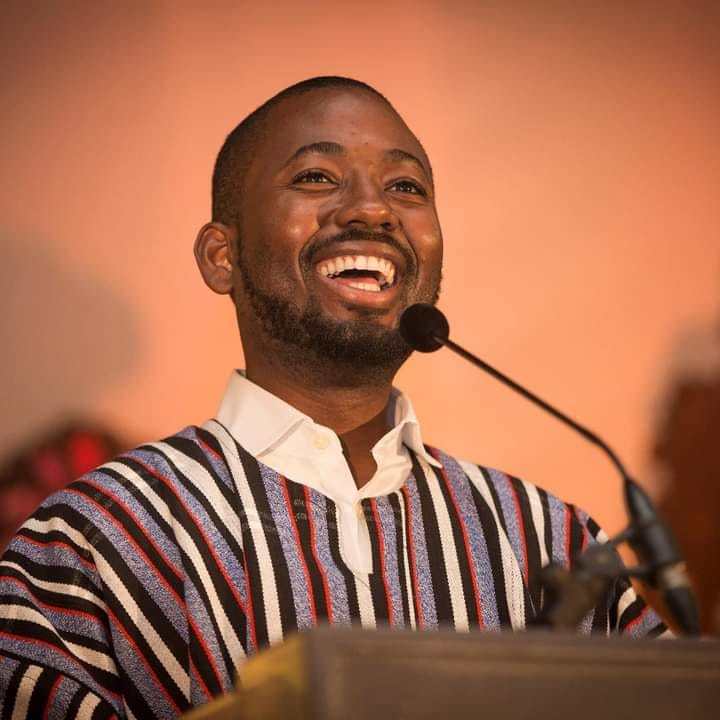
“When I started at Harvard College,” he says, “I thought I was going to be a doctor like every good African kid. I was pre-med. But then I took a class on economics my freshman year, and I fell in love.”
Utilizing his newfound love for economics and his passion for helping to transform Africa for the better, Delle very quickly discovered the role he could play in the change he wanted to see, and during his first year at Harvard College, he started two activist companies that are still thriving 15 years later.
The first is the Africa Development Initiative, which he launched with one of his freshman-year roommates on the steps of Weld Hall. Now known as CleanAcwa, this non-profit works to bring clean water and sanitation to over 200,000 people in 160 villages in Nandom in the Upper West Region, and Ayensuano and Suhum in the Eastern Region in Ghana.
The second company was Golden Palm Investments, which Delle founded the same year.
“I kept talking about this socio-economic transformation in Africa that I wanted to be part of,” recalls Delle, “and finally one day my roommate Jamie Sterne ’10 MBA ’14 said to me in frustration, ‘Well then do something about it!’ Jamie had a family background in finance so he told me that if this is something I’m truly passionate about, then I should find opportunities and raise capital. So, I did. Jamie wrote me the first check, and I went on to raise $50,000 to start Golden Palm.”
Golden Palm Investments, of which Delle is Chairman, is an investment holding company focused on high growth and impact industry sectors in Africa. When Delle first started it in 2006, he was investing in mechanized agriculture and cattle, but now the company focuses on technology and venture capital.
Business was an obvious path for Delle at this point, who knew he was going to be an entrepreneur, but it wasn’t until he met HLS alumnus Ray McGuire JD/MBA ’83, who is an investor in Golden Palm and an advisor and mentor to Delle, that Delle made the decision to earn his JD/MBA through Harvard Law School and Harvard Business School’s joint degree program.
“The joint program was an excellent choice for me. It’s truly a joint program that’s greater than the sum of its parts,” says Delle. “It was an incredible academic experience and a wonderful social experience, and I’m grateful to be able to benefit from both networks.”
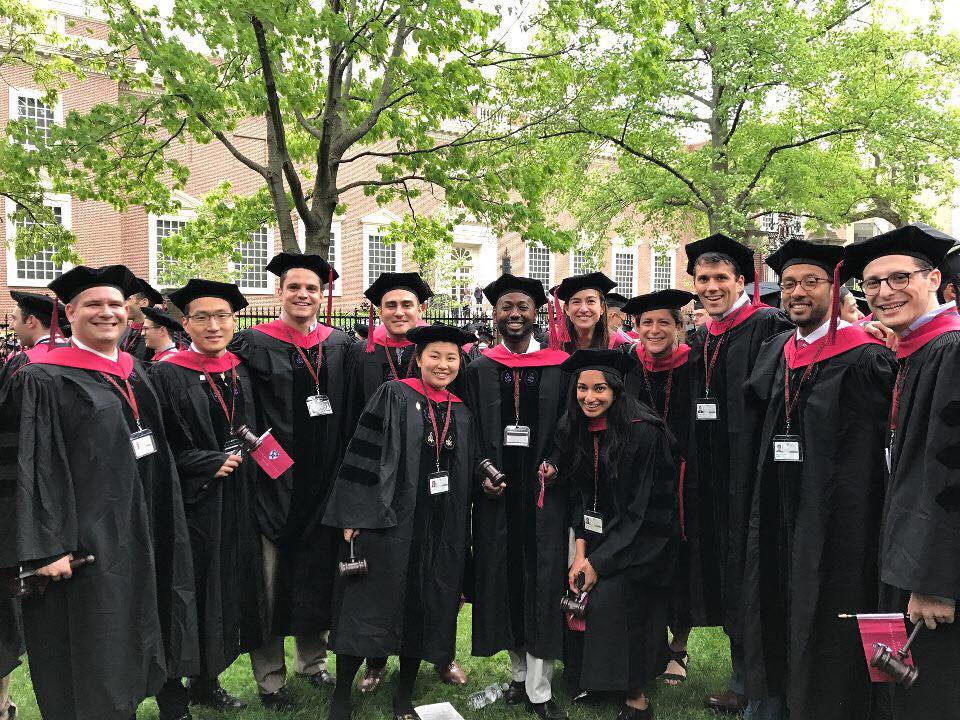
“Harvard Law School was fantastic,” he continues. “The more and more time that passes, the more deeply grateful I become for my education at HLS. It gave me a powerful analytical toolkit for problem-solving that I use every day as an entrepreneur. I’m constantly confronted with business issues that revolve around the law, and because of my education at Harvard Law School, I feel very comfortable dealing with those questions.”
Delle’s commitment to Harvard Law School, as well as the College and Business School, is clear in the many ways in which he gives back. He cofounded the Harvard Club of Ghana and continues to serve on its executive board. He chairs interviews for Harvard in Ghana and served as an elected director of the Harvard Alumni Association for several years. He was recently appointed to the Joint Committee on Alumni Affairs and Development, and serves on the board of the Harvard University Center for African Studies, as well as the Dean’s board of the Harvard Medical School Global Health Advisory Board. He also serves as co-chair of his HLS Reunion Committee, as well as the HBS and Harvard College Reunion Committees, and he recently joined the HBS Fund Council.
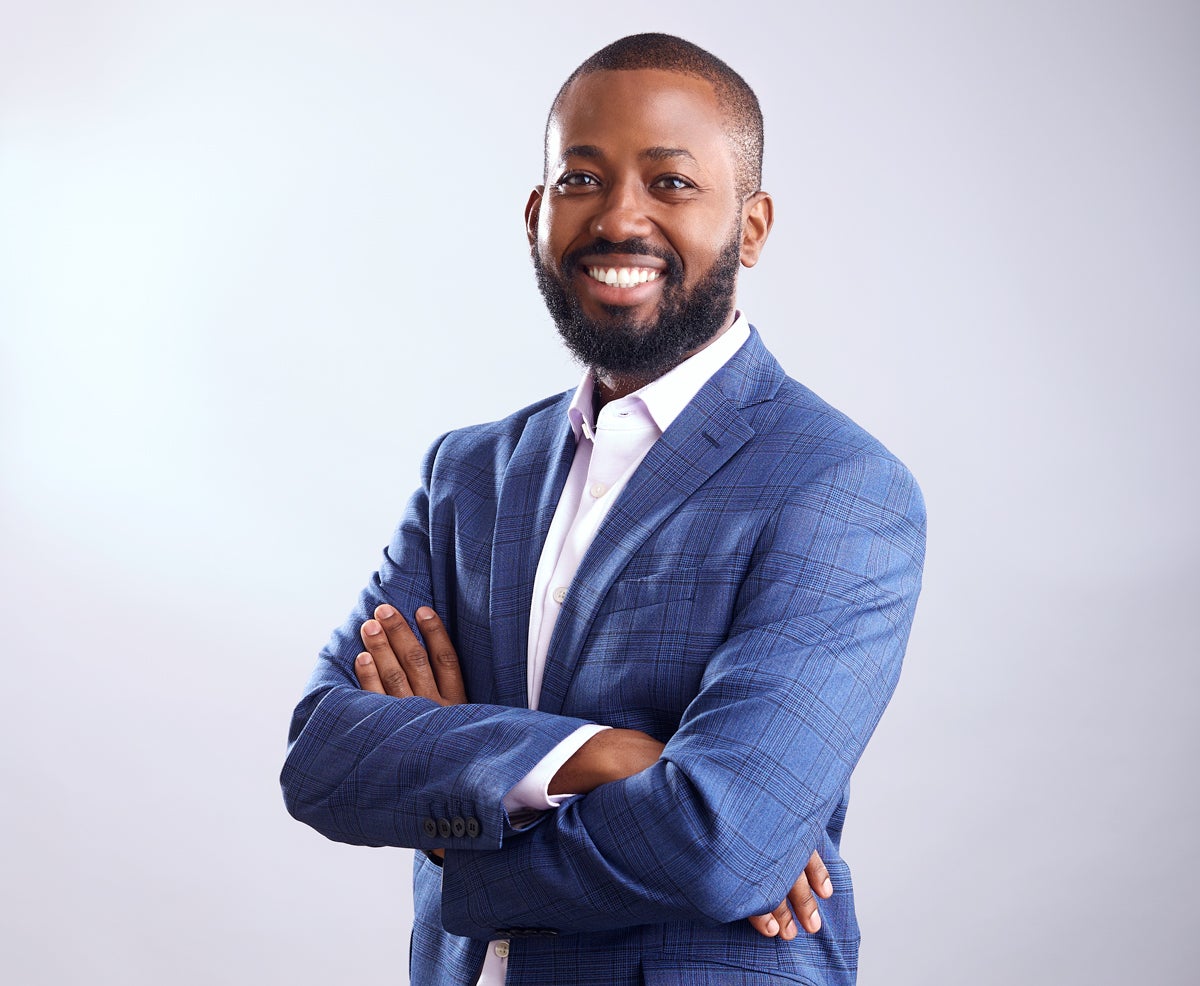
“I sometimes get asked, ‘Why give to Harvard when it has such a large endowment already?’ My answer is that I think giving to Harvard might be the greatest return on investment you can make from a social perspective. Because you can give to a cause – clean water, for example – but by giving to Harvard, you create and empower change makers. It’s a more catalytic way of giving. A gift to Harvard is an investment in leadership and in the agents who are going to create the change we want to see in perpetuity.”
But Delle isn’t waiting for others to create the change he wants to see. He no longer needs a step stool to look in the mirror, but Sangu still pushes himself every day to make the world a better place.
“I’m older now, so I’ve modified my Mom’s bedtime routine,” he says. “Now I ask myself, ‘How can I have impact today? How can I touch people’s lives?’ Whether it be a large-scale health infrastructure or being kind to someone crossing the road. At the end of the day, can I look in the mirror and say I played the role of making the world a slightly better place today for someone? If that answer is yes, then I can sleep soundly.”